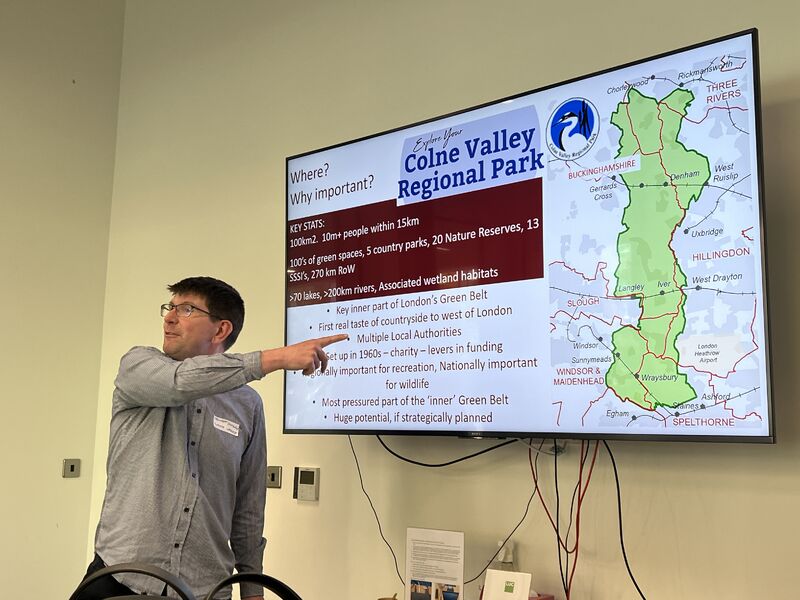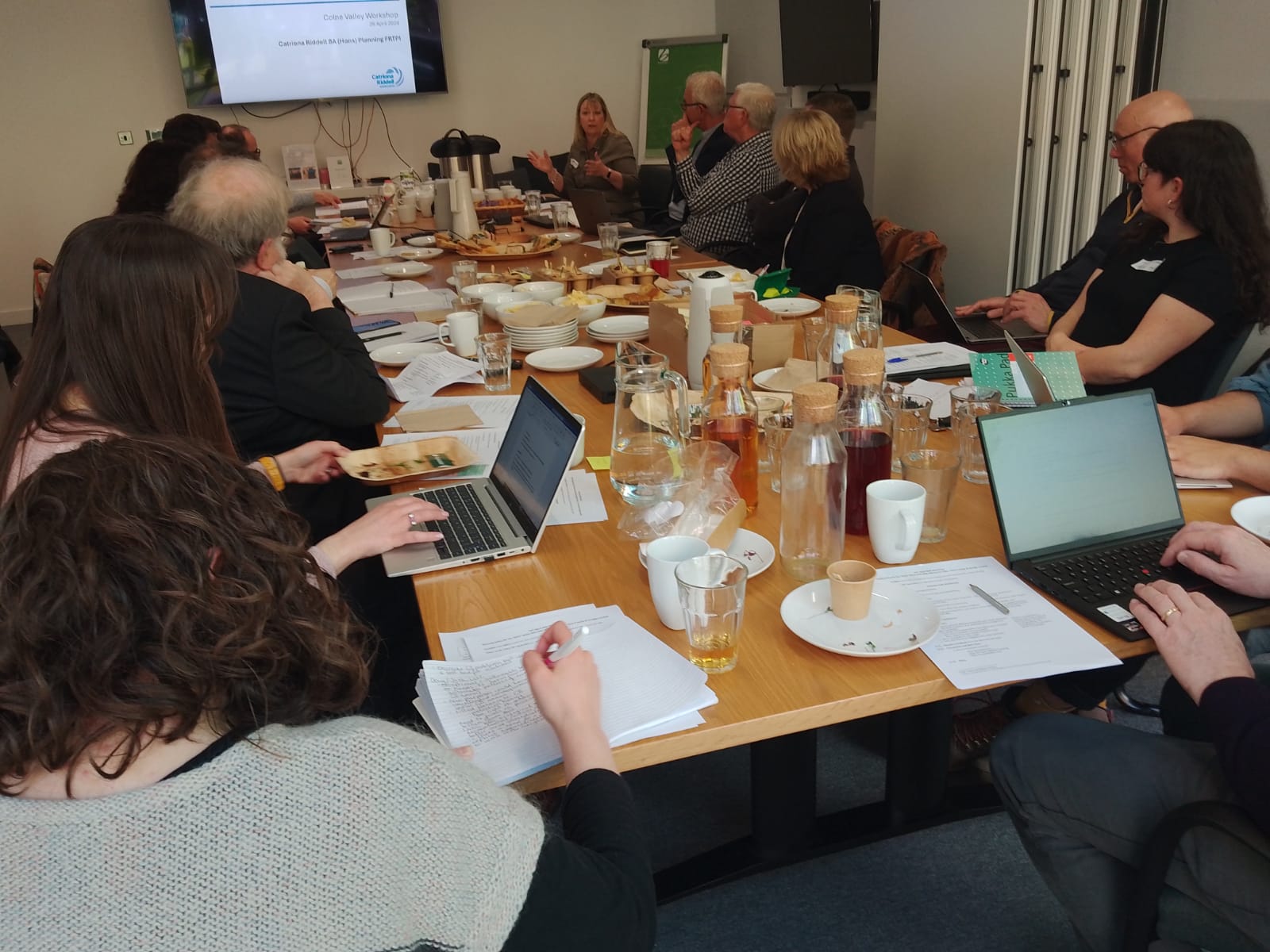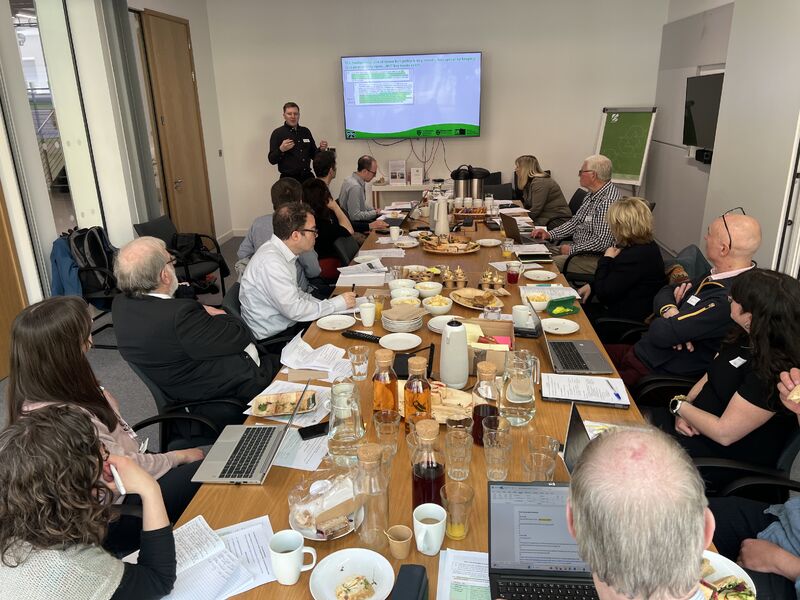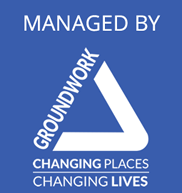Despite government routinely stating the Green Belt is valued, the evidence in the Colne Valley is that there has been a marked decline in landscape quality in recent years, with an explosion of development proposals. Our President Lord Randall chaired a workshop that examined what is going on with planning in 2024, and what can be done about it.
At the workshop we discussed:
• How the application of national policy (NPPF) is working, how this affects countryside on the edge of major cities;
• Identifying the main challenges Green Belt faces across the country (with the Colne Valley as one case study);
• What the broad vision should be for the inner Green Belt on the edge of a city;
• Refinements to national ‘planning’ and ‘environmental’ policy that are now needed.
The workshop brought together those with specialist, practical knowledge of the planning system and countryside around towns, prompting a fascinating discussion and exploration of the key issues, and what the solutions might be.
The Colne Valley Regional currently faces a stream of large, ad hoc development proposals, widespread landscape decline, illegal activity and a lack of enforcement. The UK is sleepwalking into major and completely unco-ordinated change to the countryside around its cities without any compensatory improvement. We are therefore experiencing the worst of both worlds.
If there is to be change to the Green Belt then this must be informed by a vision and masterplan. We need more joined-up planning from local councils and strategic thinking from government to provide the framework for this to happen.
This matters because the Colne Valley Regional Park is nationally important for wildlife and regionally important for recreation. It – and areas like it – is vital for tackling climate change.
The position of the Colne Valley Trust is not anti-development – but fiercely pro-countryside.
Attendees at the workshop included representatives from Colne Valley Regional Park, CPRE, Green Alliance, Landscape Institute, Land Use Consultants, National Trust, Natural England, Northumbria University, Planning Officers Society, Royal Town Planning Institute and Urban Design Learning.
As a follow up to the workshop, we have asked participants to be signatories to a joint letter to the national chief planner and the leaders of the three main parties, asking for:
• Urgent minor, yet effective, refinements to National Planning Policy that ensure a) large development proposals put forward outside of local plans do not by-pass the requirement to deliver ‘compensatory improvements’ to the Green Belt (as is currently the case for the data centres, film studios, motorway services proposals in the Colne Valley that are claiming ‘very special circumstances’ for development); b) an adjustment to the wording of NPPF to make it mandatory for local authorities to enhance and restore the Green Belt. Essentially, this can be done simply by changing: ‘…Local Authorities should…’ to ‘…Local authorities must…’
• A mechanism for cross-border strategic planning and a national land-use framework. In this way, government can help realise the huge potential for people and wildlife in areas like the CVRP that are on the edge of five counties.
• A Special Commission or Select Committee on the future of the Green Belt and National Planning to be established immediately after the forthcoming General Election.






